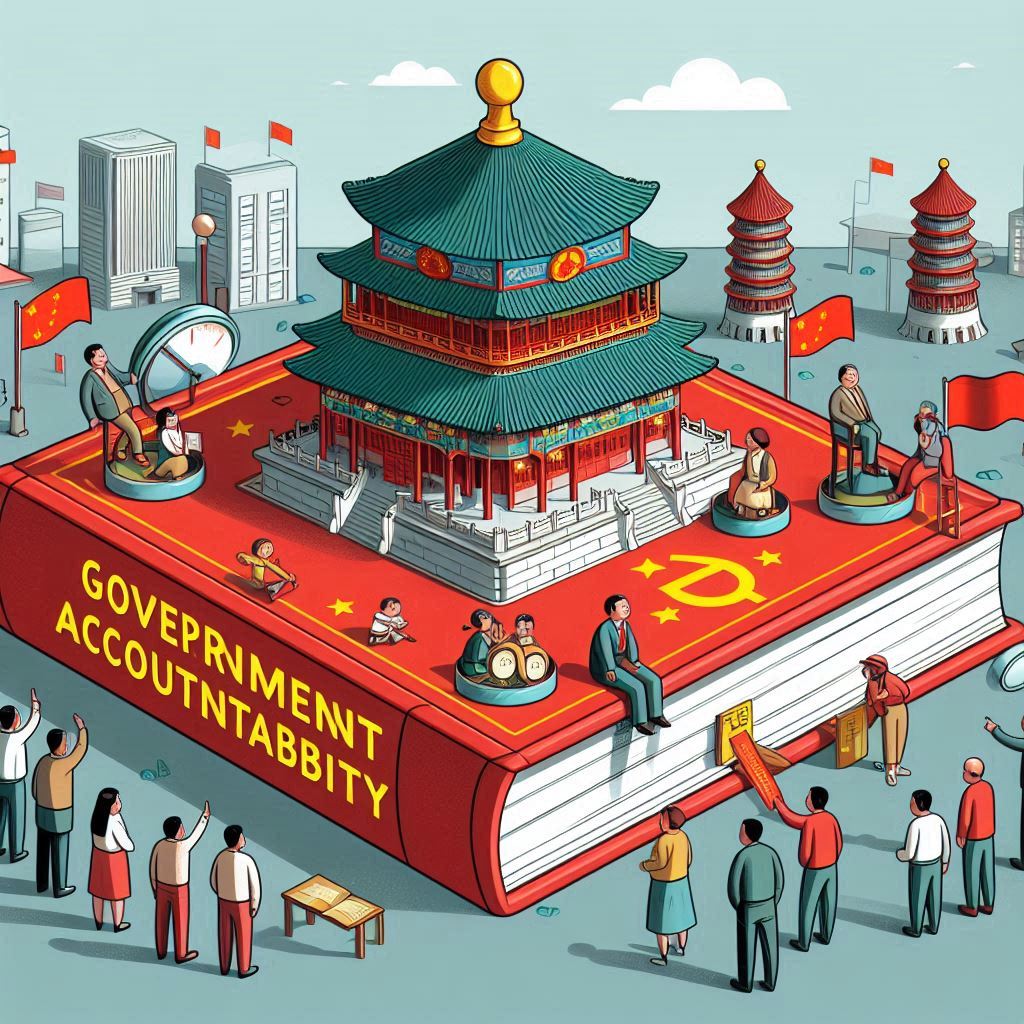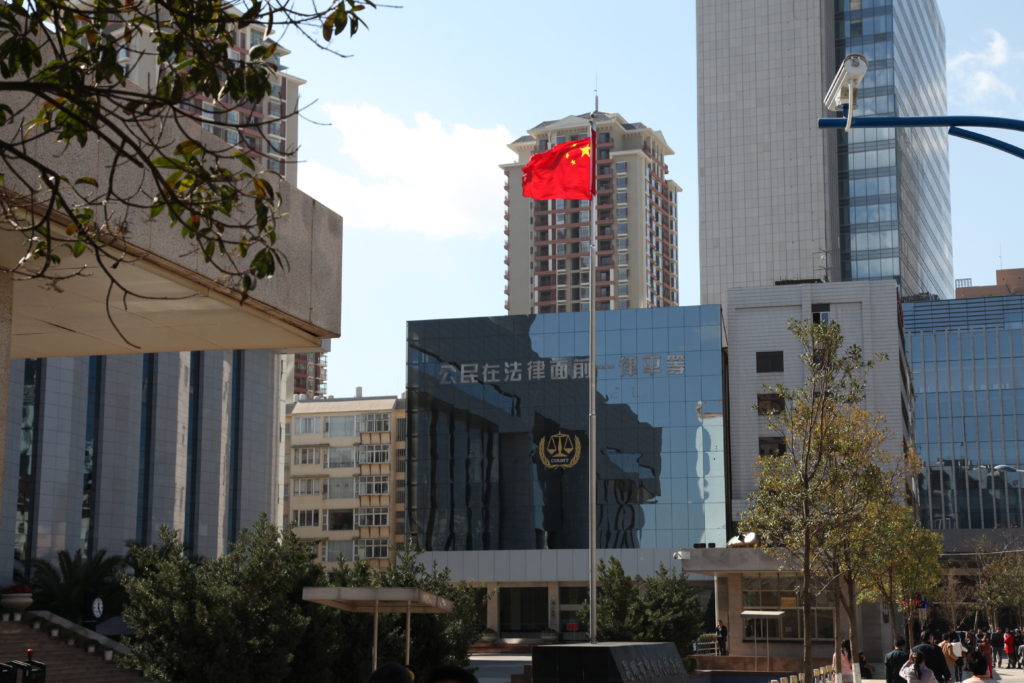A new book by Congrui Qiao

“Don’t expect judges in China to have studied at a law school.”
Every time I tell my students at Dutch and Belgian law schools, I see the same reaction: confusion, shock, and a hint of disbelief spread across the classroom. It sounds bizarre but the absence of formal legal training is a long-standing aspect of the Chinese legal landscape. Since 1982, government officials and military officers – with no formal legal education, simply classified under the public personnel administration status of ganbu (干部) or “cadres” – had been transferred into the courts as assistant judges or administrators.
Later in 1983, the Zhejiang Provincial Court requested guidance from the Supreme People’s Court: could assistant judges, some without formal legal training, serve as trial panel members or even presiding judges? The answer came back – yes, they could. That simple approval enabled those who had no legal background to occupy key roles in the judicial process until the 2000s.
As I completed my PhD at Utrecht’s international and European law department, one question kept haunting me: how can the law truly be taken seriously in society? According to Dicey’s classic theory, the absolute supremacy of law necessitates the judiciary to regulate the conduct of government powers and protect individual rights. But as I explored further and learned more about the factors external to the legislature and judiciary—such as political pressure, institutional power dynamics and social norms, I asked myself: is there something more to it?
China, while maintaining the supremacy of political leadership of the CPC, has seen a remarkable legal evolution in recent decades. In 2019, nearly a quarter of court cases challenging government conduct were decided in favour of applicants, a fourfold increase from 2010. This apparent paradox inspired me to develop a new framework to explain and assess the development of law in China —a concept I term juridification.
In my recent book titled Chinese Rules and Procedures for Addressing Mass Actions, I introduce the juridification framework. It builds on a content analysis of a corpus of legislation, court decisions, administrative regulations, political resolutions and media reports from the late 1970s to the mid-2010, texts of over 13 million Chinese words in total. The framework focuses on three core dimensions of the development of government accountability law in China:
- Formalisation – How government accountability rules are developed and codified to establish formal accountability of government conduct.
- Institutionalisation – The extent to which government bodies, judiciary and semi-official associations conform to these rules, willing and able to adhere to them in practice.
- Socialisation – The degree to which social members view personal and public issues through a legal accountability lens, making their decisions in line with legal principles.
Under this framework, I look into three types of “mass actions” in China: collective petitions, labour actions, and farmers’ protests aimed at challenging government decisions. Each type is selected based on four criteria: (a) their claims point to flaws in government policies, or implementation procedures; (b) they take a collective yet non-violent form; (c) their goal is to get the authorities to address their losses or grievances; and (d) they have been widely reported in the Chinese media, reflecting sustained public concern.
By examining the juridification of government accountability law in these cases, this book provides a timely exploration of how legal rules operate and socialise within an authoritarian context, with implications for understanding government-citizen dynamics, and the evolution of government accountability in China.
Dr. Qiao Cong-rui is the Research and Engagement Director of Law4Sustainability, a research initiative dedicated to advancing culturally sensitive approaches to ESG compliance. She holds a PhD in International and European Law from Utrecht University (2018) and has over a decade of experience bridging European and Chinese perspectives on human rights, labour protection, and corporate social responsibility. Dr. Qiao’s academic contributions include over 20 research articles and a monograph in these fields. A BKO-certified educator from VU Amsterdam (2023), she is a senior lecturer in human rights law, governance and business transition, and comparative legal history. She has taught at several prominent law schools, including VU Amsterdam, the University of Amsterdam, the University of Antwerp, Nankai University, and Northwest University of Political Science and Law.

